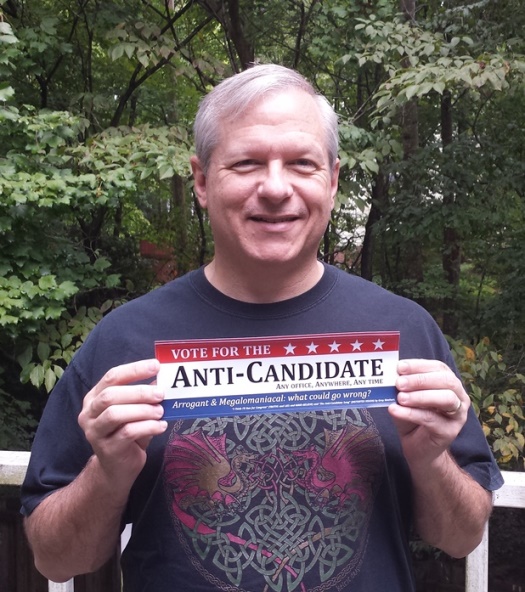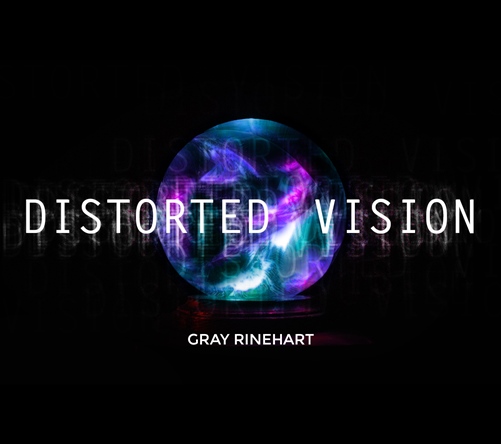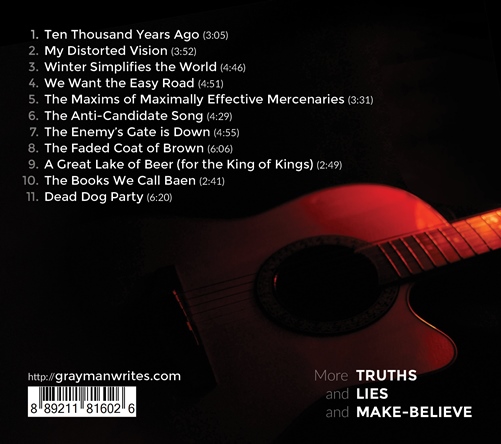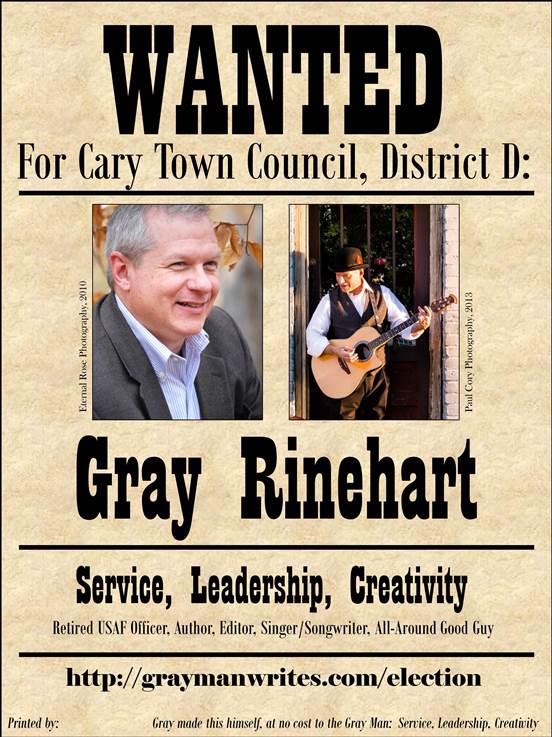I wrote this post while riding in the van on the way home from Dragon Con, the largest science fiction and fantasy convention in the Southeast. You can judge for yourself whether that may have anything to do with the content.
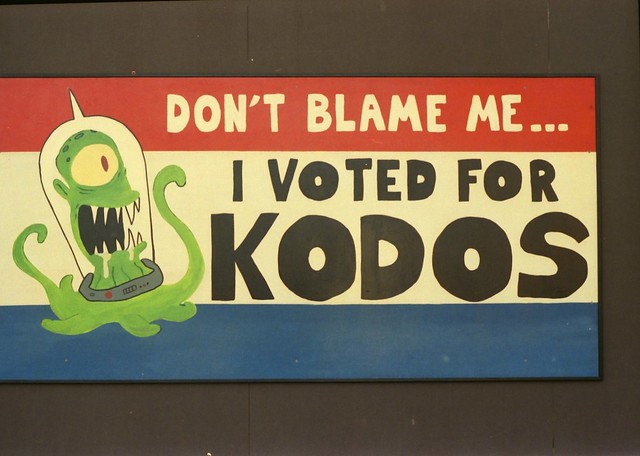
(Image: “Don’t Blame Me…I Voted for Kodos,” by Steve Snodgrass, from Flickr under Creative Commons.)
We’re still counting down to the Cary, NC, Town Council election, and if you don’t live in Cary — and particularly in District D — you can’t vote for me even if you might want to. (You can, however, always write me in for some office in your area; I will not renounce my Anti-Candidate availability.)
However, you should not vote for me if …
- You want the government to do everything.
- You want the government to do nothing.
- You don’t proceed when a traffic light turns green because you are too busy messing with your cell phone.
- You dislike or disapprove of the U.S. military.
- You dislike or disapprove of all public safety professionals, especially police officers.
- You regularly watch and derive significant entertainment value and home economics tips from television shows about “real housewives,” and/or frequently seek life advice from people who are famous primarily for being famous.
- You believe that your rights include the right to take rights from others.
- You believe that other people exercising their rights represents an existential threat to your rights.
- You are a member of Al Qaeda or any other group that has sworn enmity to the United States of America. (Hat tip to James Galt-Brown.)
- You think having more money or things makes you a better person.
- You think buying something on sale leaves you with more money in your pocket than not buying it at all.
- You think the solution to all our economic problems is for the government to just print more money.
- You would let this or any other Internet list make up your mind for you about what you should do. (Hat tip to Martin Shoemaker.)
- You believe everything you read on the Internet.
- You believe everything that politicians tell you.
- You don’t necessarily believe everything that politicians tell you, but you find their empty platitudes and impossible promises comforting.
- You call all Muggles “mudbloods.”
- You have no discernible sense of humor.
I could have come up with many, many more such examples. Probably you can, too, and I welcome any suggestions you’d like to put in the comments.
And remember: If you are eligible to vote but don’t, you relinquish a power that was yours to use, and for which others have sacrificed much.
___
Election Day for the Cary Town Council race is October 6th, but early voting begins on September 24th.
Help spread the word about my campaign: Share this post on social media or forward it to anyone you know. Or, if you live in North Carolina, especially in the Research Triangle area or the Town of Cary, download a Print-It-Yourself Flyer in either color or black and white and put it up in your office or at your favorite hangout. For additional updates and info, sign up for my newsletter using the form in the right sidebar or visit the election page on my website. Thanks!
Spending Disclosure: As of this date, my campaign has spent a total of $84.
This blog post was “paid” for, at the cost of $0 and whatever time it took Gray to write and upload it, by The Gray Man: Service, Leadership, Creativity.






